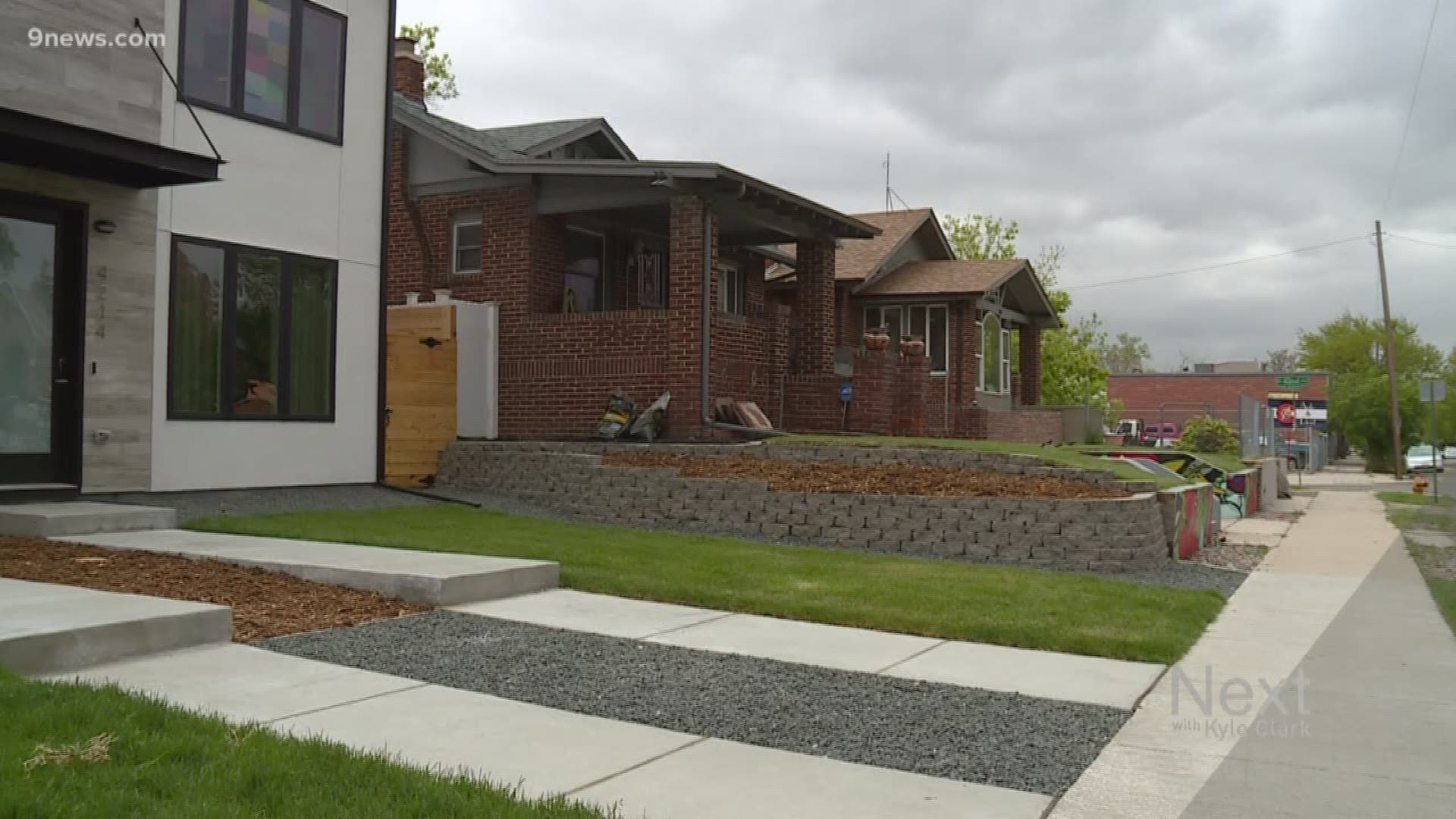Bobby LeFebre’s family has been in Denver for four generations. When Bobby and his wife were ready to buy a home in Denver, he found himself in a bidding war with about 13 other people.
After all the bidders made their case about why they deserve to buy the home, LeFebre and his family won the bid.
The process, he said, was frustrating. And now that they’re in the neighborhood, he said it’s been quite the experience to see gentrification happening right outside his door. This experience lead him to write "Northside," a play that opens mid-June.
“Northside” is showing June 13 - 30 at Centro Su Teatro at 721 Santa Fe Dr. in Denver.
We sat down with LeFebre to learn more about what inspired the play and why he wanted to talk about gentrification.
(Editor’s note: This interview has been edited for context and clarity.)
9NEWS: Why is it so hard for people to talk about gentrification?
LeFebre: Anytime we’re talking about any issue that involves power and privilege, people like to scoot around those issues. It’s hard to get to the meat of what is actually going on and to talk about it honestly. As an artist we sort of get a pass to play in those spaces. So, hopefully, through this theater piece, we can sort of put a microscope on this issue and really give it some humanity.
Tell us about your bidding process?
LeFebre: We bought the house in 2013, right before the real estate market got completely inaccessible to most people. We ended up paying more money for the house than we wanted to but staying in this neighborhood was really important to us. But we knew at the time that there were multiple offers on homes happening. It wasn’t rare to see 13, 14, 15 different offers on a home all trying to outbid each other. It was frustrating at times it was fun at times but at the end of the day, profit drives the real estate market and ultimate who is and who is not in a space.
What’s the message you want people to walk away from with this story?
LeFebre: As an artist, I think my job is to bring issues to the forefront in a way that is responsible and authentic to the way that we experience our lives, I would love people to use this as an entry point for conversation about gentrification about what cultural erasure is, about how we participate or do not participate in the process, who benefits, who does not. If we can pose those questions and leave audiences a little bit more informed, enlightened or entertained by the message of that I think we’ve done our job.
SUGGESTED VIDEOS | Feature stories from 9NEWS

